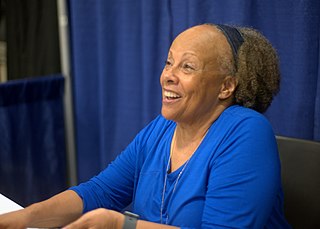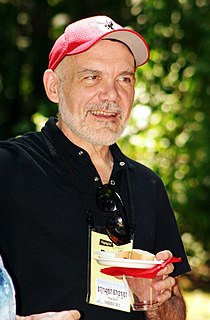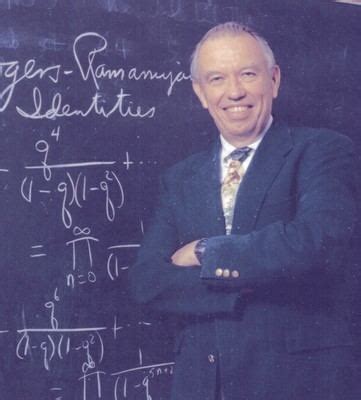A Quote by Susan Orlean
Most fourth graders can't say why Abraham Lincoln is an important historical figure? Wow. This is far more distressing than if the news had been that fourth graders were bad at reciting multiplication tables, because you can, in fact, Google that.
Related Quotes
Children know you ought to be fair. Especially fifth graders. I love fifth graders. They know that bullying is wrong. They know that you should praise one another, and that differences make a strong community. So sometimes I feel as though I can't wait for the fifth graders to grow up and rule the world.
Remember that Abraham Lincoln was a Whig far longer than he was a Republican. As a whole, the Whigs looked upon banks and corporations as a more efficient means of development; the Jacksonian Democrats thought they were the tools of the devil, but Whigs like Lincoln disagreed. During his presidency, Lincoln favored the re-construction of a national financial system, and his most important 'internal improvement' project was the Pacific railroad.
Until the early 90s, when I was working on a project about the idea of free will in American philosophy. I knew that Lincoln had had something to say about "necessity" and "fatalism," and so I began writing him into the book. In fact, Lincoln took over. I wrote instead 'Abraham Lincoln: Redeemer President,' in 1999, and I've splitting rails with Mr. Lincoln ever since. If there's a twelve-step process for this somewhere, I haven't found it yet.































